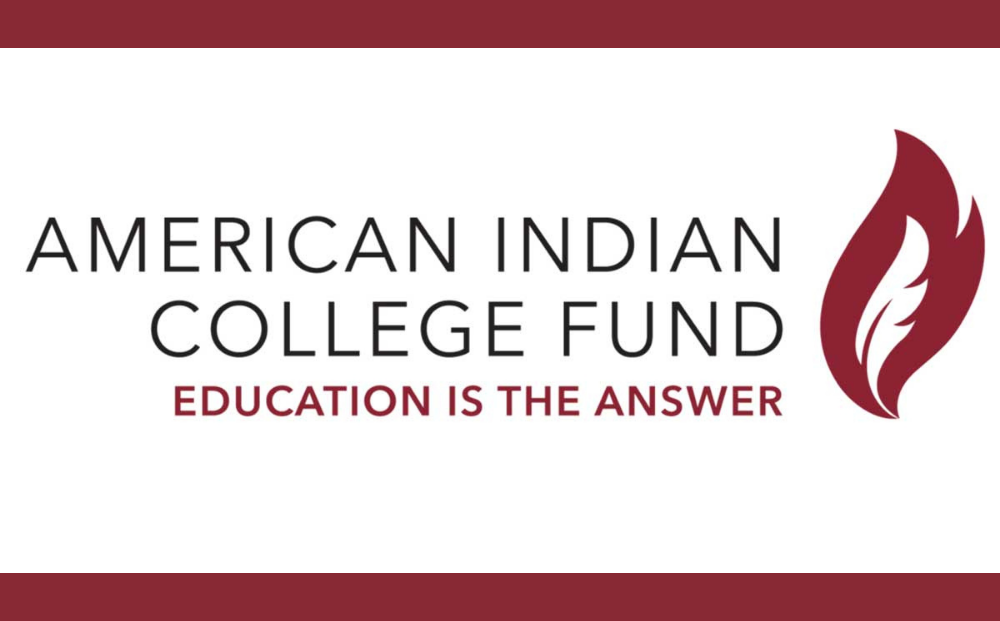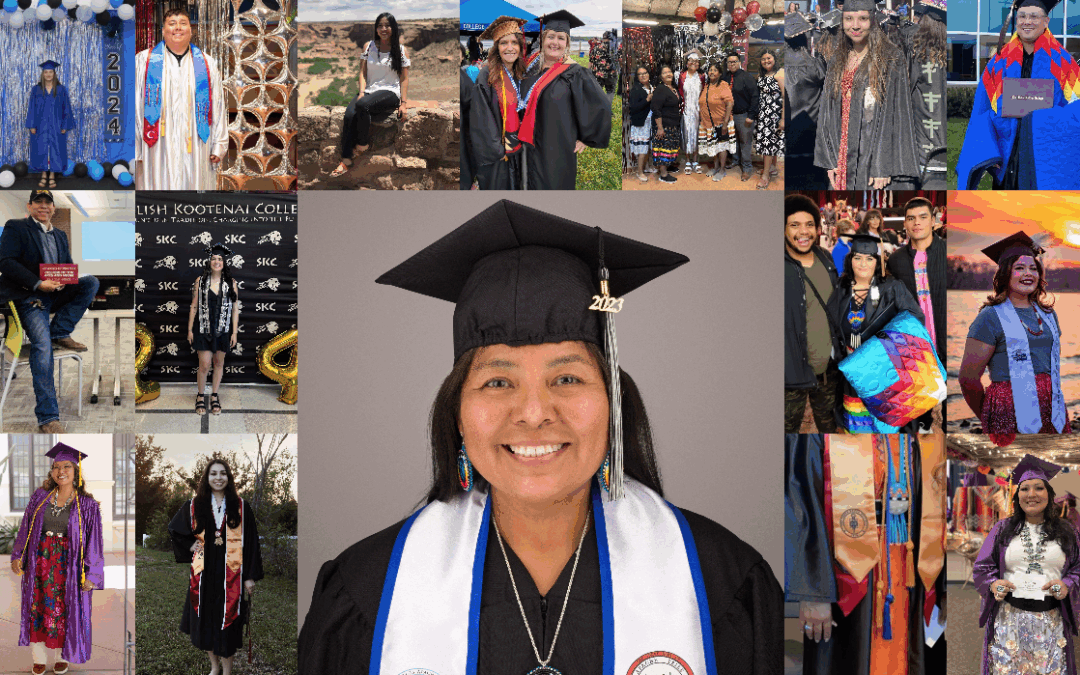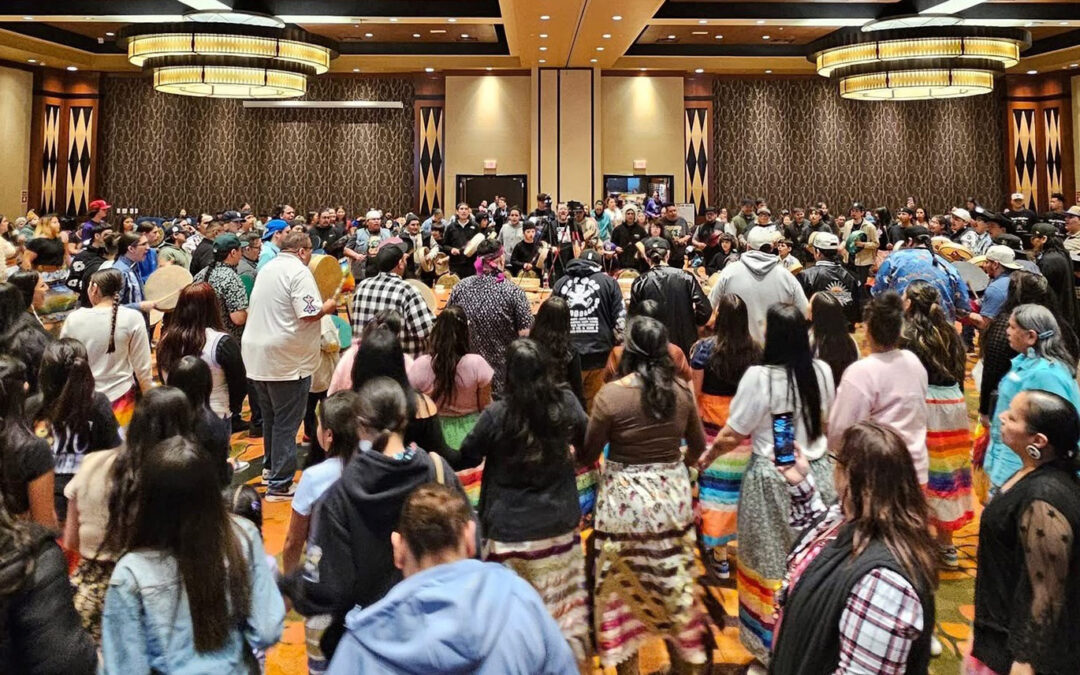On the eve of Barack Obama’s inauguration, many people across the land are openly excited.
Others may be openly antagonistic.
And still others may exhibit what I call gracism.
Over the years, it has become less politically correct for people to be openly racist (although American Indians still suffer from open racism.) As a result, racism has gone underground—and people are graceful and pleasant to one’s face, while continuing to hold onto their racist attitudes and behaviors behind one’s back. Hence, I coined the term gracist.
As we head to an era in which the country claims it is ready to embrace its plurality and diversity, I hope that we will see not only the end of racism, but also the end of gracism. This means allowing people to follow their own roads, acknowledging that there are many cultures and many ways of knowing, and that those ways are not less important than the dominant culture. This means fully embracing inclusivity while allowing people to pursue their separateness, and for Indian people, this means allowing people to continue pursuing their Indian culture and identity.
One way that Indian people have been pursuing their culture and identity is through the tribal college movement. Yet tribal colleges are the most underfunded education institutions in the country. Despite federal funding appropriations plans, tribal colleges are still 30% underfunded by Congress, showing there is not a commitment to Indian education in our society.
The American Indian College Fund’s mission is to support both the tribal colleges and provide American Indian students with scholarships. But the need is great in Indian Country, and many institutions and students still struggle.
On the eve of Obama’s inauguration, I hope that as America tries to move forward to a post-racial society, that gracism disappears, and Americans of all backgrounds support every American’s right to pursue an education—and that our legislators and the taxpayers support all kinds of education, including tribal colleges and the students they serve.










